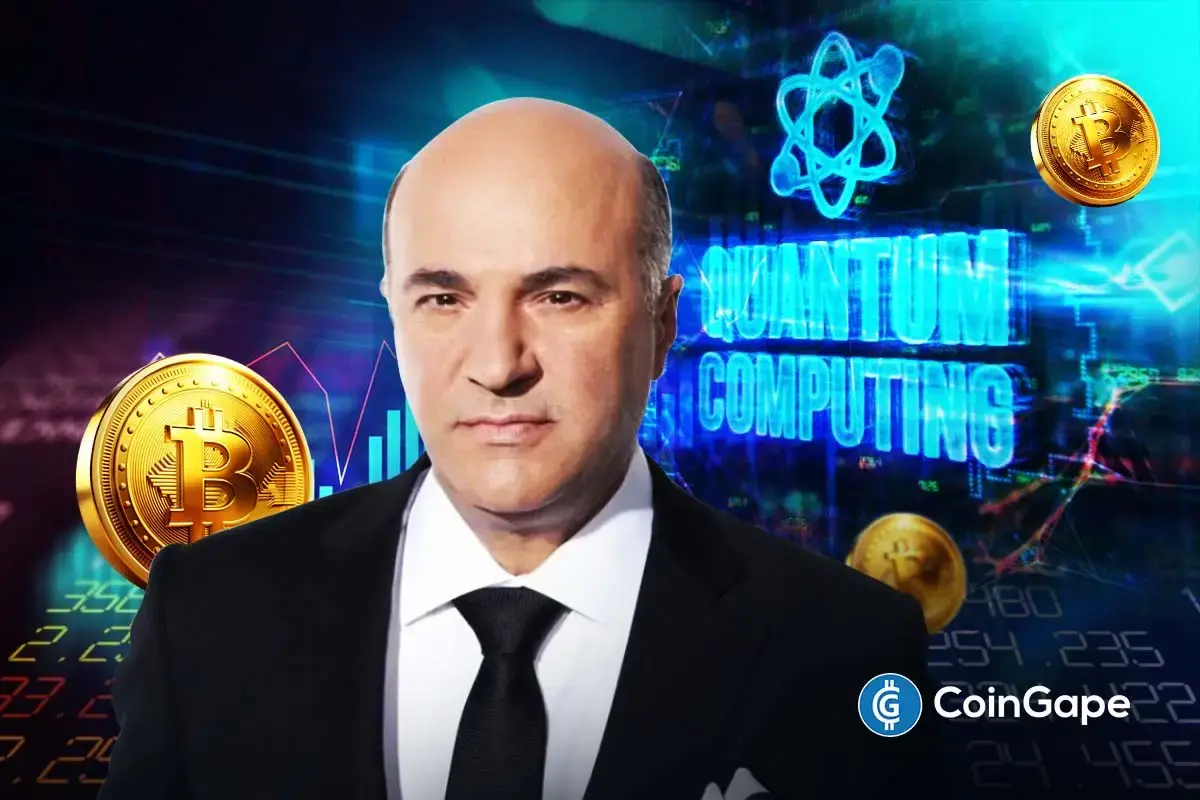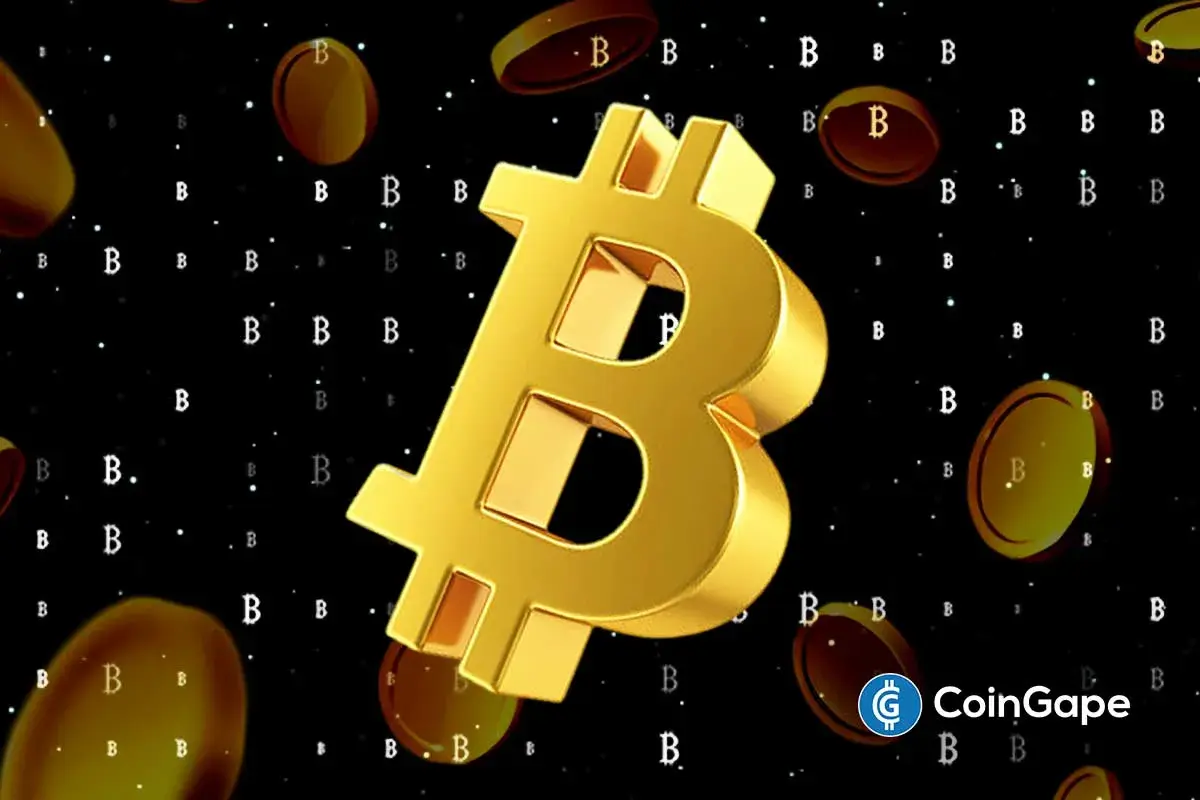Craig Wright Faces $1.9M Legal Bill As London Court Issues Freezing Order

Highlights
- The UK High Court has granted a $1.9 million Worldwide Freezing Order against Craig Wright in favor of Peter McCormack, impacting Wright's claims of being Bitcoin's creator.
- The order aims to prevent Wright from moving assets to avoid paying legal costs incurred by McCormack due to a defamation case and Wright's fraudulent conduct.
- This ruling is part of a broader pattern of legal challenges against Wright, further discrediting his claim to be Satoshi Nakamoto.
In a significant development in the ongoing legal saga surrounding Craig Wright’s claims to be the creator of Bitcoin, the UK High Court has taken decisive action. Justice Mellor has granted a Worldwide Freezing Order (WFO) against Wright in favor of Peter McCormack, a prominent cryptocurrency commentator. This latest ruling marks a crucial turn in the complex legal battles involving Wright, his assertion of being Satoshi Nakamoto, and the broader cryptocurrency community.
Details of the Worldwide Freezing Order
The UK High Court has issued a Worldwide Freezing Order (WFO) against Craig Wright, the controversial figure who claims to be Bitcoin’s creator. Mr. Justice Mellor granted the order to Peter McCormack, following a series of legal disputes between the two.
The WFO, covering £1.548 million ($1.97 million), aims to prevent Wright from moving assets to avoid paying legal costs incurred by McCormack. These costs stem from McCormack’s defense against a defamation claim brought by Wright, as well as expenses related to Wright’s fraudulent conduct during the proceedings.
The defamation case originated from McCormack’s social media posts and a YouTube video accusing Wright of falsely claiming to be Satoshi Nakamoto, Bitcoin’s creator. In a previous judgment, the court found that Wright had presented deliberately false evidence. As a result, Wright was awarded only £1 in nominal damages, despite the court acknowledging that McCormack’s statements had seriously harmed Wright’s reputation. The Court of Appeal later upheld this decision, citing Wright’s dishonest conduct during the litigation.
Justice Mellor’s decision to grant the WFO was influenced by Wright’s history of defaulting on payment orders and the risk of asset dissipation. The court noted that Wright had previously transferred company shares to an offshore entity shortly after a judgment against him, raising concerns about potential evasion of financial liabilities.
Also Read: FTX Founder Sam Bankman-Fried’s Family Accused Of $100M Illicit Political Donation
Broader Implications and Ongoing Legal Battles
This latest legal action is part of a broader pattern involving Wright, who has been embroiled in multiple lawsuits asserting his claim to be Satoshi Nakamoto. In a separate recent case, the Crypto Open Patent Alliance (COPA) won against Wright after the court found substantial evidence that he is not Bitcoin’s creator and had forged documents to support his claim.
The High Court’s decision underscores the serious implications of Wright’s fraudulent conduct and demonstrates the legal measures available to protect parties from the risk of asset dissipation in such cases. Dr. Craig Wright’s long-standing claim to be Satoshi Nakamoto, the creator of Bitcoin, was firmly rejected by the court. The ruling came after an extensive legal battle initiated by the Crypto Open Patent Alliance (COPA) against Wright.
The court found that Wright, who had portrayed himself as a polymath capable of creating Bitcoin, had presented false evidence to support his claim of being Satoshi Nakamoto. This decision effectively barred Wright from asserting in any legal setting globally that he is Bitcoin’s creator.
Also Read: German Govt. Offloads Another 547 Bitcoins, Rejects Lawmaker’s Suggestion
- Shark Tank Kevin O’Leary Warns Bitcoin Crash as Quantum Computing Threats Turns Institutions Cautious
- Japan’s SBI Clears XRP Rumors, Says $4B Stake Is in Ripple Labs Not Tokens
- 63% of Tokenized U.S. Treasuries Now Issued on XRP Ledger: Report
- Will Bitcoin & Gold Fall Today as Trump Issues Warning to Iran Before Key Nuclear Talks?
- Crypto Ties Revealed in Epstein Files: 2018 Emails Point to Gary Gensler Discussions
- Dogecoin, Shiba Inu, Pepe Coin Price Predictions As BTC Crashes Below $68k
- Ethereum Price Outlook as Harvard Shifts Focus from Bitcoin to ETH ETF
- HOOD and COIN Stock Price Forecast as Expert Predicts Bitcoin Price Crash to $10k
- XRP Price Prediction Ahead of Supreme Court Trump Tariff Ruling
- Crypto Price Prediction For This Week: Dogecoin, Solana and Cardano
- Bitcoin Price Prediction: How Could Brazil’s Strategic Bitcoin Reserve Proposal Impact BTC?
















